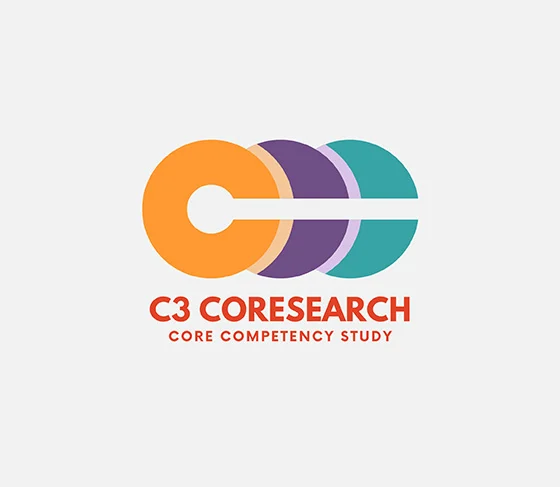Search
Research
AGAR KidsBacteraemia is associated with significant morbidity and mortality in children and adults, more frequently affecting neonates, Indigenous children and children admitted to hospital.
Research
Assistance and Companion Dogs for children diagnosed with Autism Spectrum Disorder and Fragile XAndrew Gail Videos Whitehouse Watch and listen to Andrew Alvares PhD PhD Deputy Director (Research); Angela Wright Bennett Professor of Autism
Research
BEACHES: Built Environments and Child Health in WalEs and AuStraliaThe BEACHES project aims to provide high quality evidence of aspects of the built environment which can be modified to reduce the negative impact on children’s physical activity, eating behaviours and weight status.
Research
Causal Impact of COVID-19 Lockdowns on the Mental Health of Australian ChildrenThis project investigates the prevalence, risk factors, and causal impact of COVID-19 lockdowns on mental health disorders, self-harm, and suicide among Australian children.
Research
Communication, fetal alcohol spectrum disorder and youth justiceInvestigators: Natalie Kippin This research aims to examine the communication abilities of young people sentenced to detention in Western Australia,
Research
Computational fluid-particle dynamic and pharmacokinetic assessment of electronic cigarette aerosols for improved understanding of their potential to impact healthThis project will use computational methods to assess the deposition of e-cigarette aerosols in the lungs, and the distribution of chemicals within e-cigarette aerosols throughout the body.

See the most recent C3 news.
Research
Cultures of HRV-C for investigations of pathogenesis in childrenAnthony Belinda Ingrid Kicic Hales Laing BSc (Hons) PhD BSc (Hons) PhD BSc PhD Rothwell Family Fellow; Head, Airway Epithelial Research Senior
Research
Defining target penicillin concentrations for subsequent studies of a reformulated long-acting benzathine penicillin prototypeAims: To determine the minimum inhibitory concentrations of penicillin G against a representative collection of Strep A strains; and to evaluate the impact of penicillin G concentration and size of bacterial inoculum on the prophylactic effect for Strep A strains
Research
Developing and characterising juvenile models of aggressive paediatric brain cancers for the evaluation of novel immunotherapiesNick Raelene Terrance Gottardo Endersby Johns MBChB FRACP PhD BSc (Hons) PhD Head of Paediatric and Adolescent Oncology and Haematology, Perth
